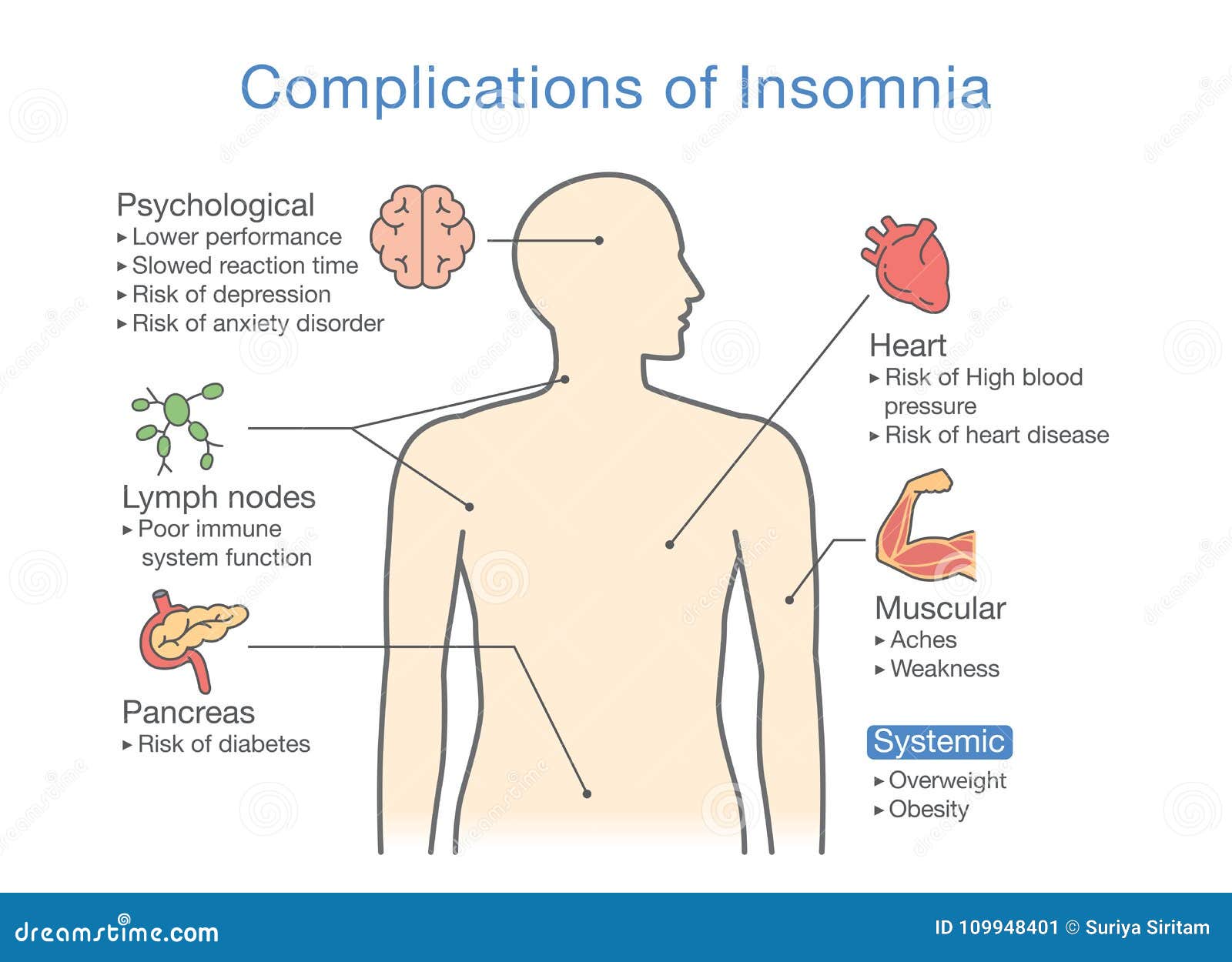

" When you eat really makes a huge difference." To avoid this fate, limit your snacking before bedtime and avoid foods that are likely to cause heartburn, including caffeine, tomatoes, and chocolate. "You won't get to those deeper stages of sleep," Dr. The reason, he explains, is heartburn-digesting food in your sleep causes heartburn, which causes awakenings during the night. "You don't want to eat two hours before going to bed." "When we talk about what will give you poorer sleep at night, it's eating late," Dr. Raj included-have turned to snacking as a way to fill the time.

Since shelter-in-place orders began, many of us-Dr. Your diet is a key factor in the quality of your sleep. "The last thing I want to do is give you a medication that has any effect on your respiratory drive." Contact your physician to see if there are any short-term solutions that might work well for you.

"Be careful, especially if you're sick or if you have COVID-19," Dr. Over-the-counter solutions like diphenhydramine, which is found in Benadryl and Aleve PM, should be used cautiously. There are certain sleep aids that, if you're going to stop it, you may want to taper it off." If you're taking drugs like Ambien or Sonata, talk to your primary care doctor before quitting them entirely. Raj says, "I wouldn't just cold-turkey these medications. "For those of you who are on medications for your insomnia," Dr. Don't suddenly start or stop sleep medications. You should also avoid drinking caffeinated beverages later in the day. "But after that third or fourth cup, you're going to get all of the negative side effects of caffeine and not the alerting." If you consume too much caffeine, start cutting back. "There is some alerting effect that you can have, maybe after one or two cups," Dr. But that habit might not be good for your sleep. Starting the day with a cup of coffee is a morning ritual for about 63% of American adults. 16 Best Ways to a Get a Better Night's Sleep.Raj explains, there a few fixes that could be the key to getting better sleep. Other stressors include uncertainty about the future, excess screen time, and anxiety over sickness or money, which, together, cause you to stay awake or toss and turn all night. The biggest challenge to sleep right now is "the disruption of our daily lives" from working from home, getting less natural light, and not following a set schedule. "Many people had insomnia before COVID-19, and that number is only getting higher," Dr.
#Covid insomnia side effect how to
To find out how to get back into a normal routine, we tapped Raj Dasgupta, M.D., board-certified sleep medicine physician, assistant program director of the Department of Internal Medicine at the University of Southern California, and member of the Prevention Medical Review Board. The good news is that you're not alone-the novel coronavirus is making sleep more difficult for much of the world. It's enough to disturb the circadian rhythms of even the soundest sleepers. Getting a good night's sleep seems more difficult now than ever, spurred by spiking anxiety levels, vivid dreams and nightmares, and a constant stream of COVID-19 news.


 0 kommentar(er)
0 kommentar(er)
